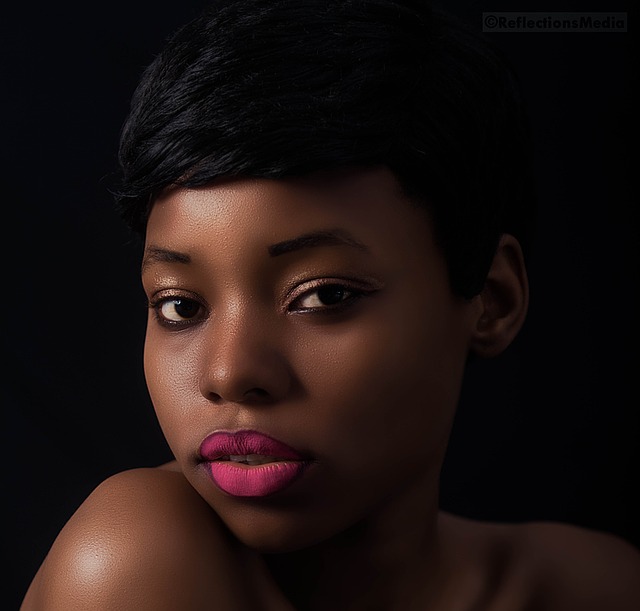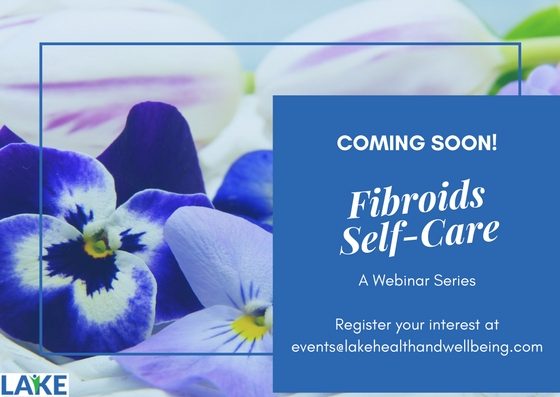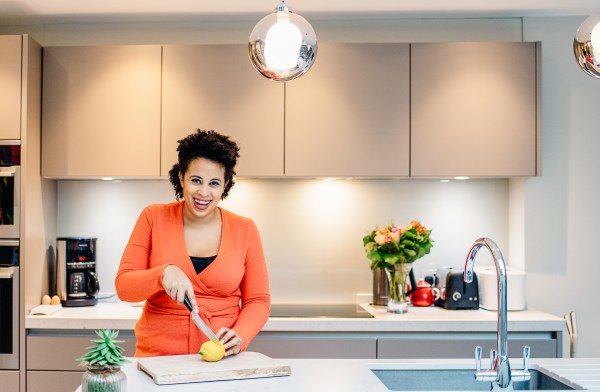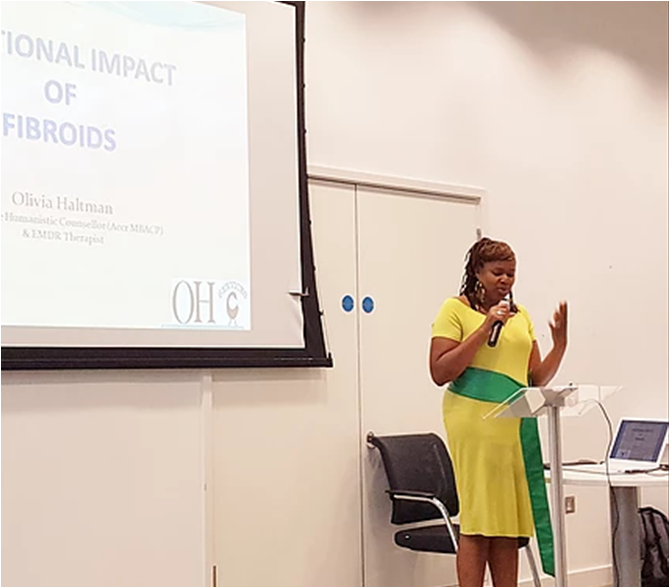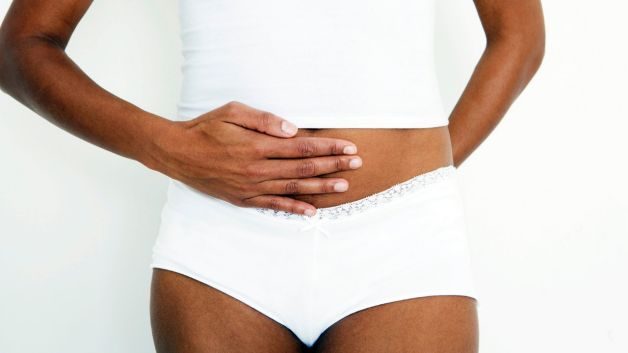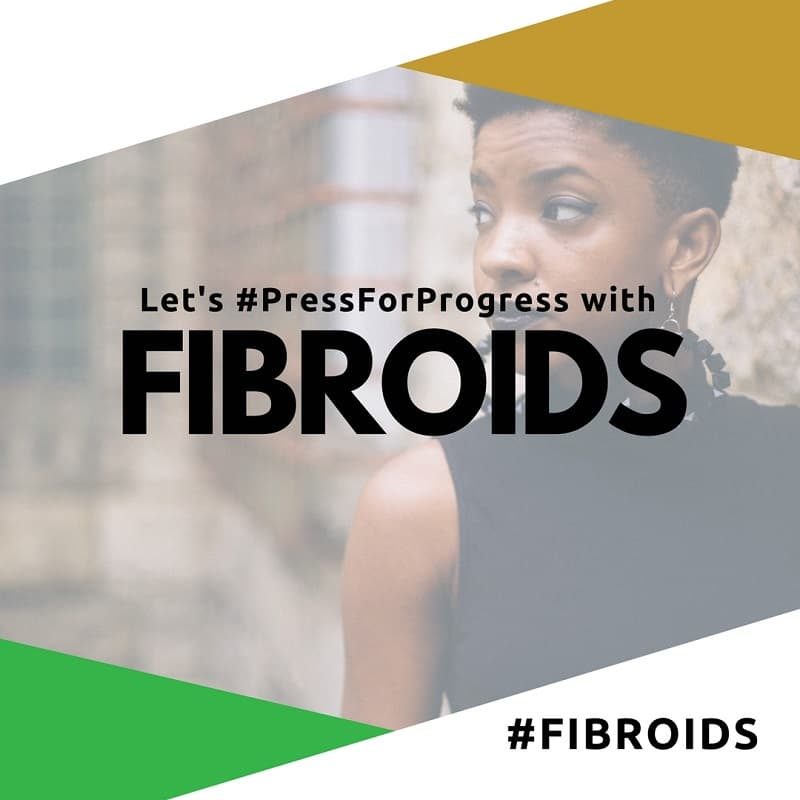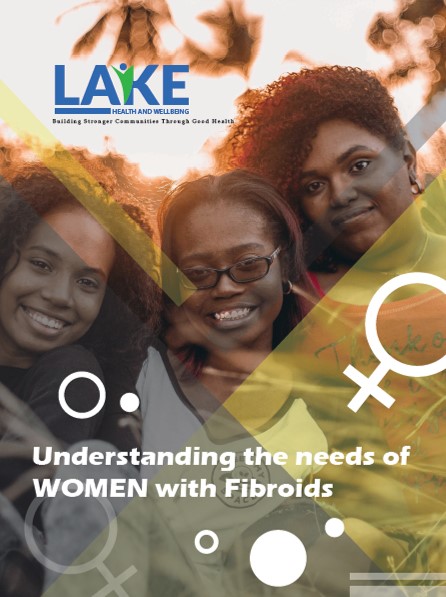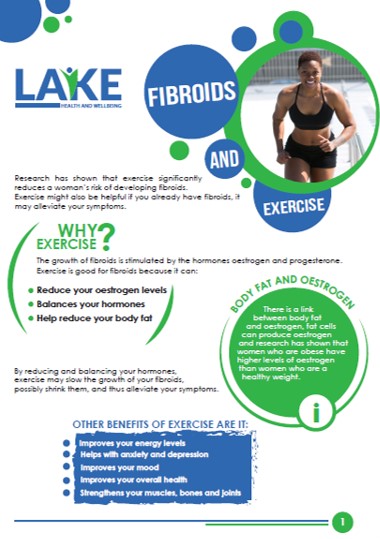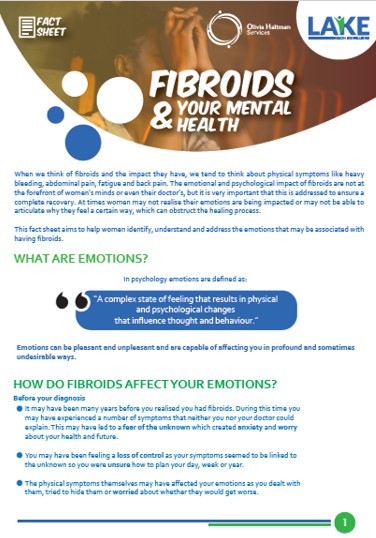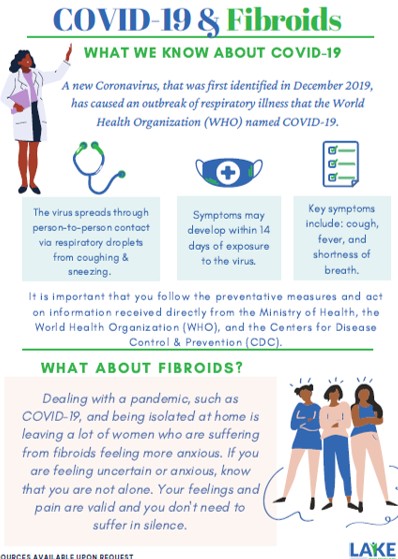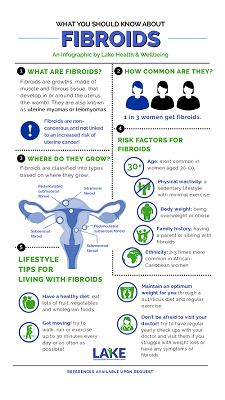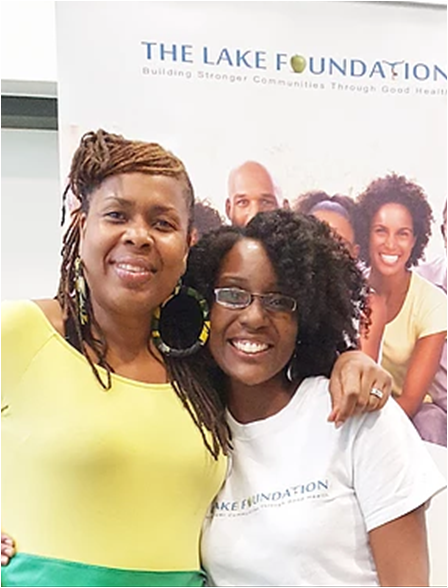More Concerning Research on Black Hair Products
Back in November 2017 we published a blog post where we summarised research on hair dyes, relaxers and breast cancer, and (sigh) we’re sorry to say we’re back here again writing about black hair products and their harmful effects.
A couple of weeks ago the results from another research study was published and this showed that 80% of black hair products contain endocrine disrupting and asthma causing chemicals. Endocrine disrupting chemicals are of concern as some studies have linked these chemicals to hormone-related health conditions including breast cancer and fibroids.
Latest Research
On 25th April 2018, researchers from the Silent Spring Institute and Battelle Memorial Institute in the USA published the results from their study which investigated the endocrine disrupting and asthma-associated chemical content of black hair products. They tested 18 black hair products that cut across 6 types of products. These included hot oil treatments, anti-frizz/polish, leave-in conditioners, root stimulators, hair lotions and relaxers. Within these products they tested for the presence of 66 chemicals including BPA, phthalates (a solvent) and parabens (a preservative).
What Did They Find?
Researchers found that the black hair products tested contained 45 endocrine disrupting or asthma-associated chemicals. They stated that they found cyclosiloxanes (used for conditioning and spreadability), parabens and the fragrance marker diethyl phthalate (DEP) at the highest levels, and DEP most frequently in these products.
In their study, root stimulators, hair lotions and relaxers more frequently contained nonylphenols, parabens and fragrances whilst anti-frizz products tended to contain cyclosiloxanes. Worryingly hair relaxers for children contained five chemicals that are regulated by California’s Proposition 65 or were prohibited from being used in the EU.
What we found particularly disturbing was that ingredients lists were incomplete, meaning that the researchers found chemicals in the products that were not listed on product labels. This is disturbing because many women do try to avoid chemicals such as parabens, but researchers found that butyl and ethyl paraben were never listed on labels and 12% of products with methyl paraben didn’t include this on their label. This is extremely misleading and means that women can’t make an informed choice about the products they purchase. Other chemicals that were frequently not included on ingredients lists were fragrance chemicals and cyclosiloxanes.
You can listen to Dr. Jessica Helm from the Silent Spring Institute and Tola Okogwu from My Long Hair Journey discuss this latest study in the video below.
California’s Proposition 65 and EU Regulation
There are regulations in place to protect consumers and deter manufactures from including chemicals that are hazardous to our health in their products. Two such regulations are Proposition 65 and the European Union Cosmetics Directive.
California’s Proposition 65, more formally known as the Safe Drinking Water and Toxic Enforcement Act, aims to “help Californians make informed decisions about protecting themselves from chemicals known to cause cancer, birth defects or other reproductive harm.” By law, all businesses selling products to people in California must ensure clear and reasonable warnings are included on items that contain harmful chemicals so that people are aware that they will be exposed these chemicals. Some chemicals that are regulated by Prop 65 are o-phenylphenol, BPA, phthalate, ethanolamine and benzophenone. Businesses don’t have to include any warnings if the chemicals are at concentrations that don’t pose a health risk. Now, in this current study, it was found that even though two no-lye hair relaxers for children contained a Prop 65 regulated chemical, no warnings were included, and researchers made the point that these would not meet the Prop 65 labelling requirements.
The EU Cosmetics Directive states that all cosmetic products sold in the EU must be safe and they prohibit the inclusion of chemicals in products that have been shown to cause cancer, female reproductive toxicity and developmental toxicity. Some of the compounds prohibited by the EU include BPA, phthalate, alkylphenol and ethanolamine. In this study, some products were found to contain products prohibited by EU law – BPA, phthalate, nonylphenol and diethanolamine. So these products would not be fit for sale in the EU.
What Can We Do?
Well… ladies, we must demand better from brands. We must see what we can do to get companies to remove these chemicals from their products. In the meantime, we have to be very selective and only buy from brands that sell products that are safe, but this can be hard to do if brands are not listing all the chemicals in their products on their labels.
Here are some brands that we use, or have used in the past, and we believe are safe, but we recommend that you do your research too.
Afrocenchix
Almocado
Camille Rose Naturals
Pure Goodnes
Root2Tip
Shea Butter Cottage
Shea Decadence
Yaphene
Finally, we are currently in discussions with the team behind My Long Hair Journey to see what we can do to start addressing this problem. We’ll keep you updated and let you know how these discussions go. In the meantime, let us know your thoughts on this topic. How do you feel about this new piece of research and are you concerned about the hair products that you use?
More Information
You can download the full research paper below as well as the study’s supplementary material which lists the brands tested in this study and information about EU regulation and California’s Prop 65. And, you can purchase some of the products from the brands listed above on Amazon below.







